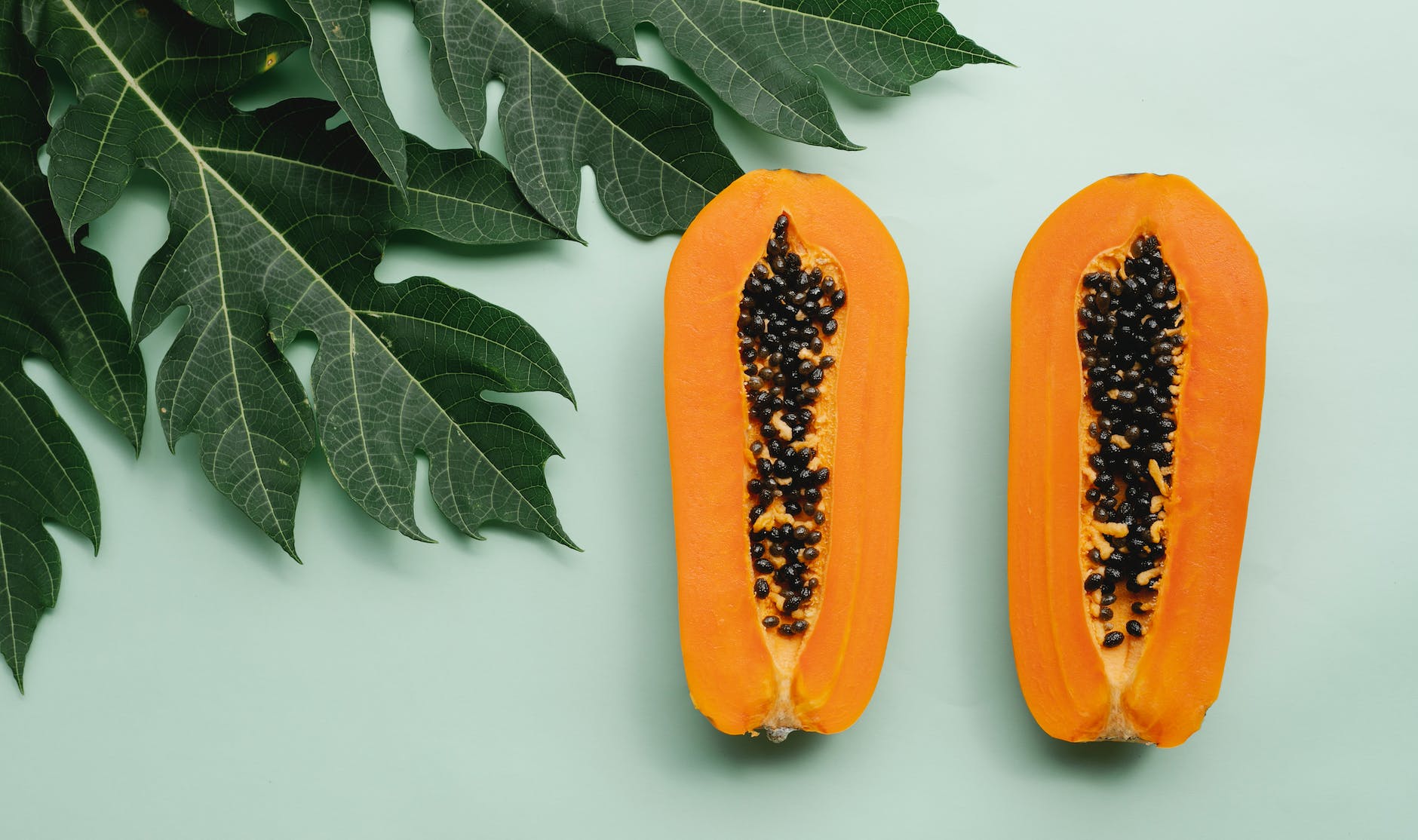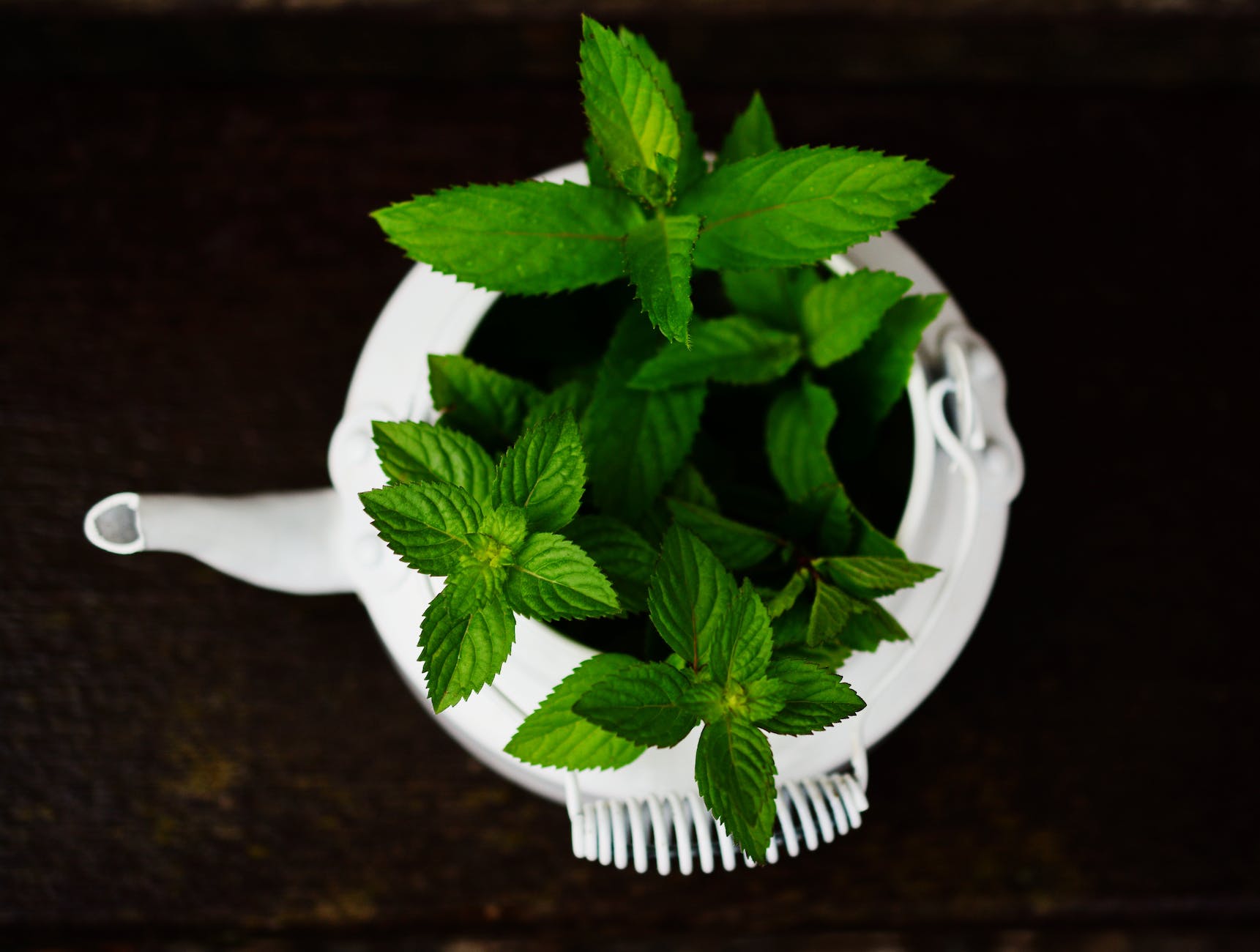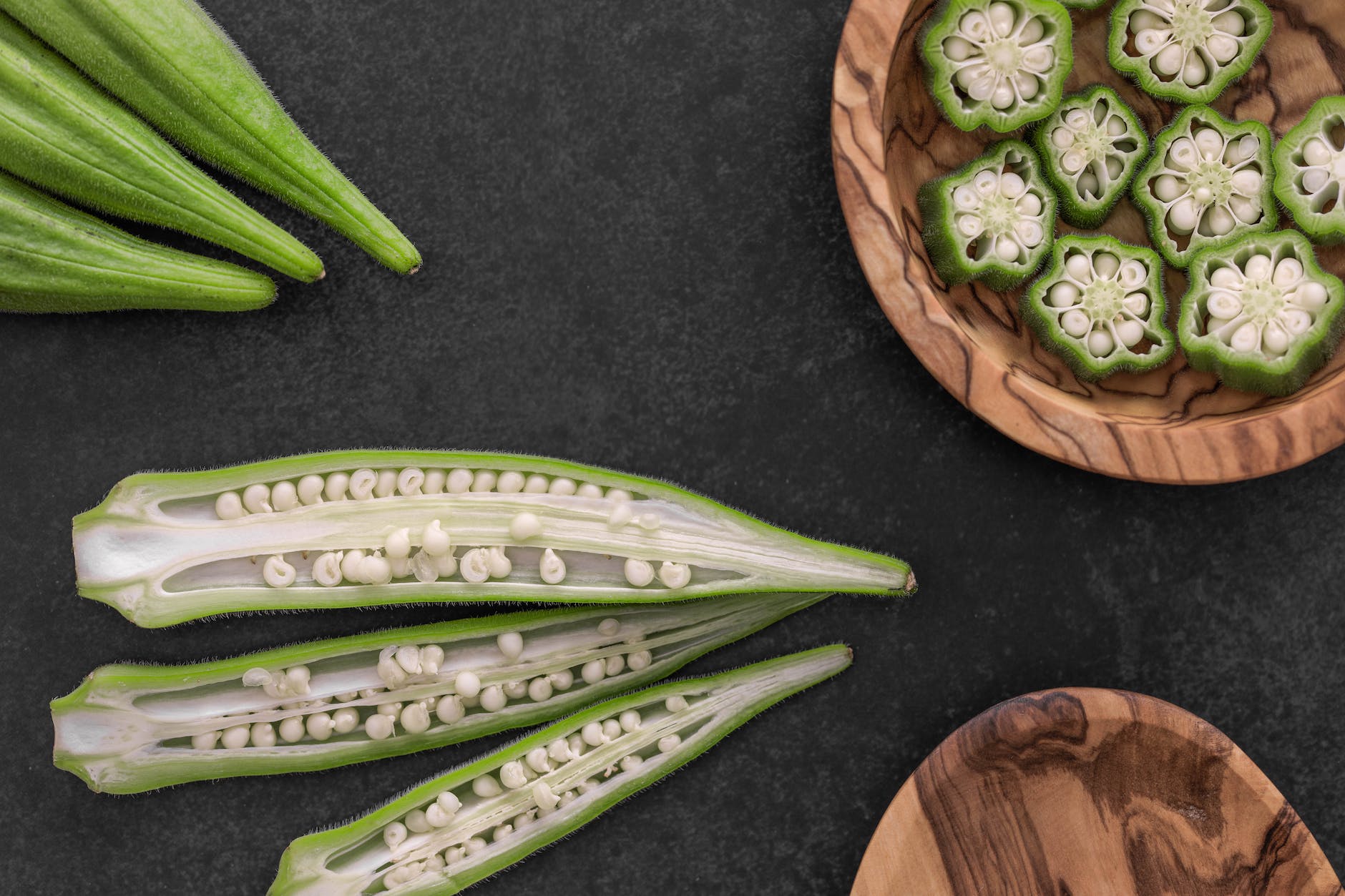
Papaya, a tropical fruit known for its sweet taste and vibrant color, is a treasure trove of health benefits. But did you know that the seeds of this fruit, often discarded, are just as beneficial? In this comprehensive guide, we’ll explore the benefits of eating papaya seeds, provide a simple papaya seed cleanse recipe, and answer some common questions about this underrated superfood. We’ll also delve into the nutritional value of a popular dish made from this fruit – the papaya salad.
The Benefits of Eating Papaya Seeds:
Papaya seeds are packed with nutrients and offer several health benefits:
- Digestive Health: Papaya seeds contain an enzyme called papain, which aids in digestion. It helps break down proteins and can alleviate symptoms of indigestion.
- Liver Health: Traditional practices often use papaya seeds as a remedy for liver ailments. They are believed to have a detoxifying effect on the liver.
- Anti-Inflammatory Properties: The seeds have anti-inflammatory properties that can help reduce inflammation in the body.
- Antibacterial and Antiviral Properties: Some studies suggest that papaya seeds have antibacterial and antiviral properties, which can help fight infections.
Papaya Seed Cleanse Recipe:
A papaya seed cleanse can help detoxify your body. Here’s a simple recipe:
Ingredients:
- 1 ripe papaya
- 1 tablespoon of honey
- A squeeze of lemon
Instructions:
- Cut the papaya in half and scoop out the seeds.
- Rinse the seeds under cold water and pat dry.
- Blend the seeds until they form a coarse powder.
- Mix the papaya seed powder with honey and lemon.
- Consume this mixture daily for a week.
Are Papaya Seeds Edible?
Yes, papaya seeds are edible. They have a slightly bitter and peppery flavor. They can be eaten raw, dried, or ground into a powder.
Papaya Salad Nutrition:
Papaya salad is a popular dish in Southeast Asian cuisine. It’s not only delicious but also packed with nutrients. A serving of papaya salad can provide:
- Vitamins: High in vitamin C and a good source of vitamin A.
- Minerals: Contains potassium, magnesium, and calcium.
- Fiber: Aids in digestion and promotes satiety.
Papaya Seed Cleanse: How To?
A papaya seed cleanse involves consuming papaya seeds regularly to detoxify the body. The seeds can be eaten raw, ground into a powder, or mixed with other ingredients like honey and lemon, as in the recipe provided above.
Conclusion:
Papaya and its seeds are a powerhouse of nutrients and health benefits. Incorporating them into your diet can promote digestive health, detoxify the liver, and provide a host of other benefits. So next time you enjoy a papaya, think twice before discarding the seeds!
Disclaimer: This content is for informational purposes only and does not substitute for professional medical advice. Always consult your healthcare provider before starting any new supplement regimen.
Blog Tags:
Papaya, Papaya Seeds, Natural Remedies, Detox, Cleanse, Nutrition, Healthy Recipes, Tropical Fruits, Digestive Health, Liver Health.













